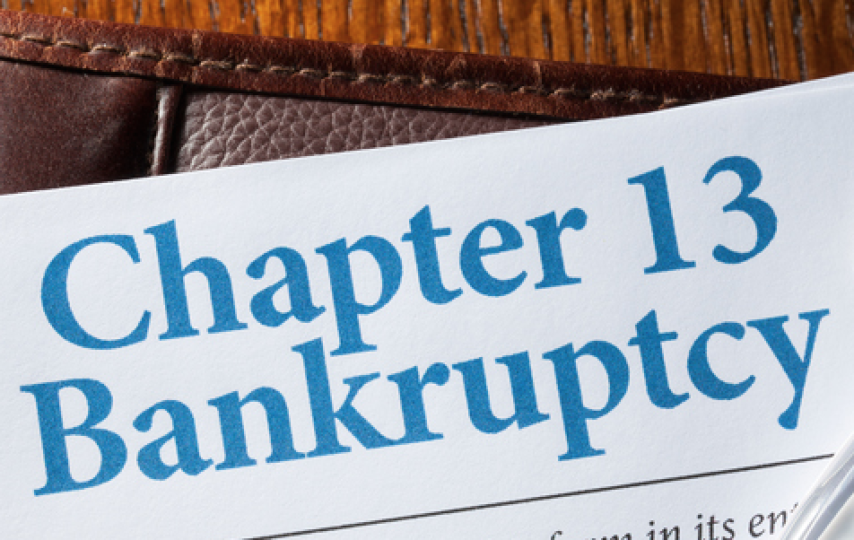Life often takes unexpected turns. No matter how careful, hardworking, and diligent you are, you may find yourself in debt too deep to get yourself out of. In such cases, you may need to restructure the debt in a way that makes it possible for you to repay. Chapter 13 was designed to help ordinary people do exactly that. Chapter 13 is for consumers only; businesses do not qualify for it. If you are in need of help, if you need a little more time to pay back your creditors, Chapter 13 may be the perfect solution.
Your First Step
Your first move should be to contact a Chapter 13 Bankruptcy Lawyer. Bankruptcy laws are designed to protect ordinary people from abuse by creditors. The laws are extensive and complex. To get the most out of the bankruptcy laws of Texas, you need someone on your side who studied them. Only a lawyer will be able to use the law to get you a favorable outcome.
Chapter 13
Chapter 13 allows you to completely pay off or get caught up on your mortgage, car loan, or other major loan within a 3 to 5 year period. That may sound like a long time, but it would probably take you that long or longer to square those accounts without the bankruptcy. The repayment plan negotiated under Chapter 13 gives you the opportunity to forge an agreement that is reasonable and practical; it will give you a monthly payment schedule that you can actually meet. Filing for bankruptcy has the added bonus of giving you protection against liens, lawsuits, and harassment.
Ridding yourself of this last is especially important. Dealing with threatening calls, emails, and letters can be nerve-wrecking. Once you have renegotiated the debt under chapter 13, all such communication must stop. If it continues in any form, all you need do is refer the offender to your lawyer.
When to File
If your secured debts total less than $1,149,525 and your unsecured debts are less than $383,175, you may qualify for Chapter 13. You can use this law to reschedule payments on your mortgage, credit card, student loan, and other types of large debts. You will need to disclose all your assets when you file for Chapter 13 and list all your creditors. Once you have filed the paperwork, you and your lawyer will sit down with a court-appointed trustee and begin the process of restructuring payments to all the institutions you are indebted to.
The Relief That You Need
Your lawyer will work to ensure that your interests are protected throughout this process. Filing Chapter 13 is about getting relief from the pressure of extreme debt. You should not be put in a situation in which the stress and strain of your finances is made worse by a bad restructuring deal.
Everyone deserves a second chance. Filing for chapter 13 may be the second chance you need to get your life back in order.





